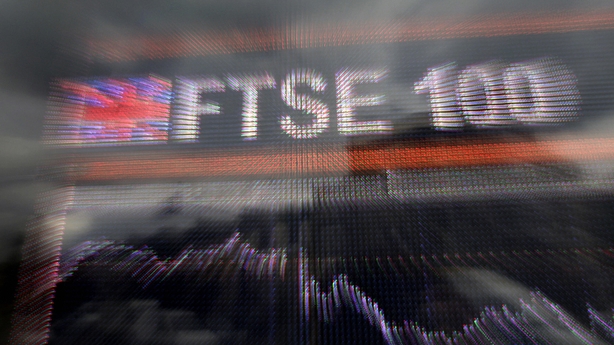London's top-flight index closed at a record high for the second day in a row thanks to a rally from precious metal stocks.
The FTSE 100 index rose 14.18 points (0.2%) to hit a new high of 7120, after the traditional "Santa Rally" helped it reach a record closing high of 7106.08 in the previous session.
It comes after indext hit a mid-session record of 7129.83 on October 11, boosted in part by the collapse in the value of the pound since the Brexit vote.
Sterling's post-referendum slump has proved a boon for multinational companies listed on the FTSE 100, as many tend to benefit from earnings in currencies that are stronger than the pound.
Gold miners Randgold Resources and Fresnillo led the charge on the London market today, climbing more than 4%.
The rally was spurred by the price of gold, which rose 1.3% to $1156.9 an ounce.
The new record on the London market came amid thin trading volumes and a number of blue chip stocks going ex-dividend - a process where new buyers no longer qualify for the latest dividend payment.
Among the ex-dividend stocks were Dixons Carphone down 1% and data services company Experian dropping 0.1%.
Meanwhile, the price of oil broke above the $57 mark, but a surprise increase in US inventories prevented it climbing any higher. Brent crude was up 0.2%, or 10 cents, at $57.06 a barrel.

On the currency markets, the pound regained some strength against the US dollar, rising 0.1% to 1.223, but was down 0.6% against the euro at 1.166.
In UK stocks, housebuilders struggled to make gains despite the latest survey from the Nationwide Building Society showing property values have increased by 4.5% across 2016.
The average UK house price stood at £205,898 in December, marking a 0.8% month-on-month increase, the lender said.
A 4.5% annual increase in December was the same as the rise in December last year, indicating that the last 12 months have seen "relative stability" in the market, according to Nationwide.
However, the rate of price growth in London has ended the year below the national average.

